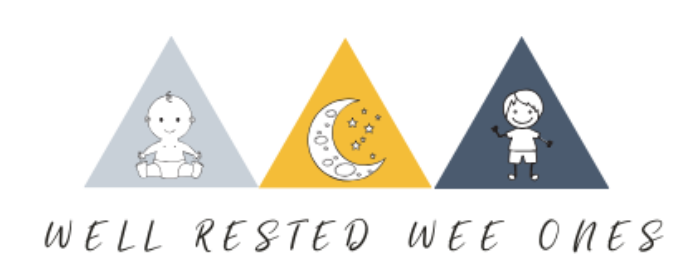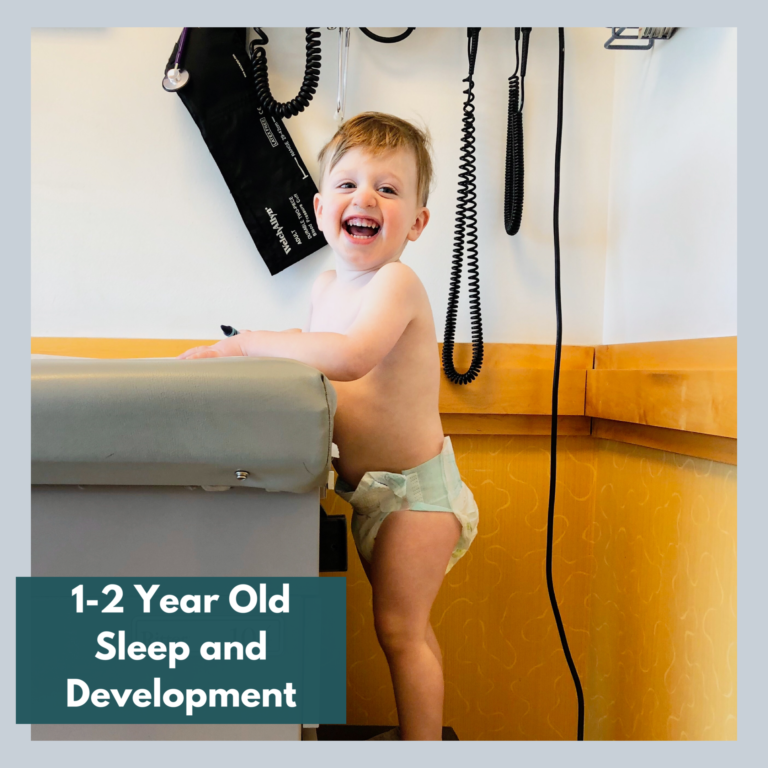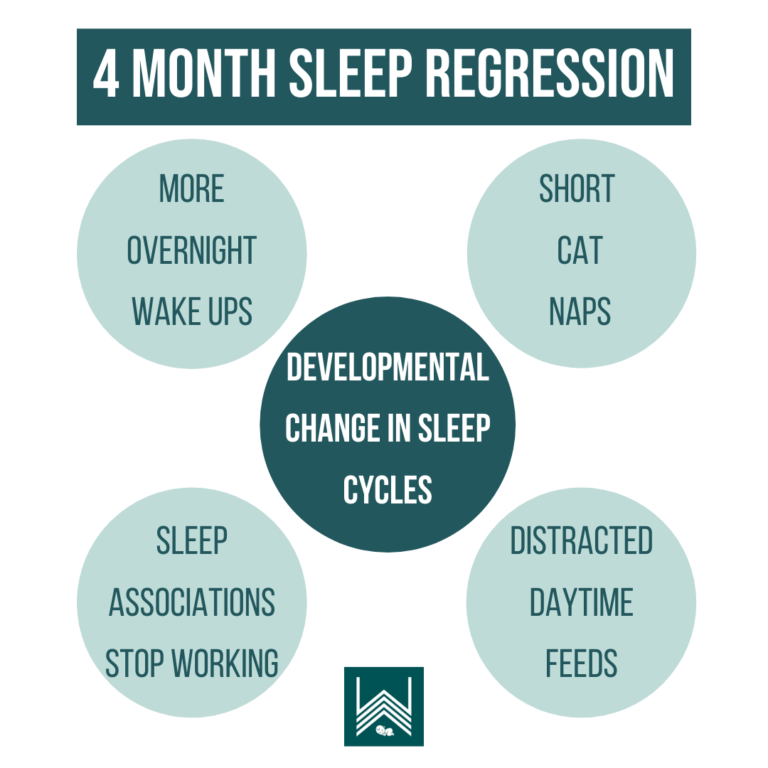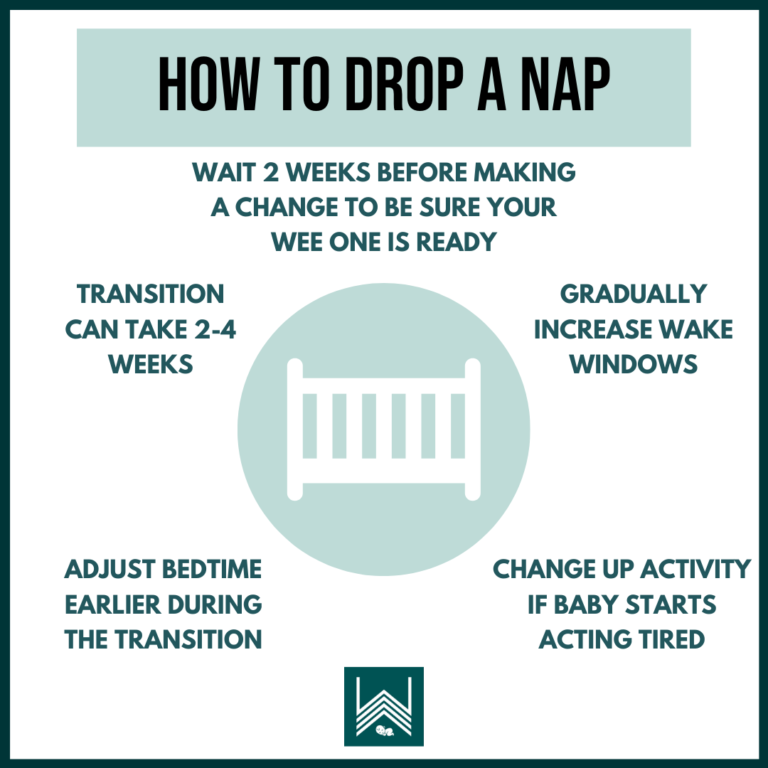baby sleep regressions
Understanding baby sleep regressions: A guide for parents
Have you noticed a sudden change in your baby’s sleep patterns? Perhaps what once seemed like a predictable routine now feels off-kilter. Chances are, you might be encountering a sleep regression. Let’s delve into what sleep regressions entail and strategies to navigate them effectively.
What exactly is a sleep regression?
You might observe your baby waking more frequently at night, resisting naps, or displaying bedtime resistance. This is what we term as a sleep regression. These regressions often occur alongside developmental leaps when your baby’s brain and body are engrossed in learning new skills, impacting their sleep patterns
Common ages for sleep regressions
In a baby’s first year, sleep regressions typically occur around:
4 months, 8-10 months, 12 months, and 18 months.
Beyond infancy, similar regressions may occur around 2 years and 3 years during the toddler stage. We have a whole series of what to expect at each stage to guide you through growth, development, and skills in the first two years on our blog.
Identifying signs of a sleep regression
Each baby may exhibit sleep regressions differently. Look out for signs like increased fussiness, reluctance to nap, crying at sleep times, frequent nighttime awakenings, shorter naps, or early morning wake-ups.
Any sudden shift in sleep behavior warrants attention, especially ruling out physical discomfort such as illness or teething.
Expert Tip: Investigate sudden sleep changes by considering physical factors like sickness or teething before attributing them solely to a regression.
teething or sleep regression?
Teething can often mimic sleep regression symptoms, but its duration differs. Teething discomfort tends to intensify in the 24-72 hours before a tooth emerges. If sleep disturbances persist beyond this period, it’s less likely associated with teething.
duration of a sleep regression
Typically lasting a 3-14 days, sleep regressions can be managed effectively with consistent sleep practices. However, inconsistency or abandoning established routines might extend the regression period. Maintaining healthy sleep habits is crucial in swiftly navigating through these phases.
not all babies experience every sleep regression
While all babies undergo developmental progressions, not every developmental leap translates into disrupted sleep.
Babies with independent sleep foundations often experience fewer interruptions during regressions and navigate through them more smoothly.
Babies that are overtired and in sleep debt tend to experience more disruptions from skills and regressions. When we are better rested we are better able to face challenges!
Remember, responding to your baby’s needs during regressions and maintaining a supportive sleep environment can significantly ease this phase for both you and your little one. Stay consistent, seek guidance if needed, and trust that better sleep days are ahead!
Navigating Your Baby’s Sleep Regression: 7 Essential Tips
Sleep regressions can be challenging for both babies and parents. Suddenly, those peaceful nights and predictable naptimes seem like distant memories. But fear not! Here are some effective strategies to help you and your little one through this phase
be mindful of changing sleep needs
Babies’ sleep requirements evolve as they grow. Pay attention to these shifts, as they might signal readiness to transition away from a nap or adjust their wake windows. Finding the right balance ensures they have the ideal sleep pressure to settle down and stay asleep. We provide nap schedule guides from 4-24 months in the Well Rested sleep course.
practice new skills during awake time
Encourage skill development during the day. Engaging in new activities, both physical and cognitive, while your baby is awake can make these experiences less stimulating when bedtime arrives. Allow your baby to navigate movement getting into and out of positions they are mastering both in and outside of the crib!
Plan active awake time
Active engagement is key. We all need active movement throughout the day! Movement and ‘exercise’ improve everyone’s sleep!
Fill your baby’s waking hours with stimulating activities that challenge both their mind and body. This not only aids in their development but also promotes better sleep at night and during naps.
timing is everything: find the sweet spot at bedtime
Establish a bedtime routine that falls within the optimal window, usually between 7:00-8:00 pm. This period often aligns with when babies naturally feel drowsy and ensures longer, uninterrupted sleep.
understand developmental changes:
Recognize that sleep regressions often coincide with developmental leaps. Learning about these changes will help you support your baby better during waking hours, leading to improved sleep quality.
uphold healthy sleep habits
Consistency is key. Even during regressions, stick to established sleep routines. While these phases typically last 1-2 weeks, deviating from healthy sleep practices might prolong the challenges and lead to more protest or crying if new parental led sleep associations develop during the regression.
building a strong sleep foundations
Invest in establishing healthy sleep patterns early on. Our newborn guides and sleep courses have step by step recommendations and tips to help you on your sleep journey.
Remember, sleep regressions are a passing phase, and with patience and a proactive approach, you can navigate through them successfully. Stay consistent, remain supportive, and trust that better sleep days are ahead.
Sleep resources to help your family
If it feels like you’re in a never ending sleep regression and are ready to get sleep back on track…I have a class for you! The 4-24 Month Well Rested Collection will walk you step-by-step through a completely customizable sleep training experience. In just a few weeks, your baby will be falling asleep independently, getting 11-12 hours of independent night sleep, AND you’ll have a plan to navigate any future regressions or bumps in your journey. I’ll also help you set up a daytime routine and nap schedule that fits your family’s lifestyle and values. And you’ll get age-specific guidance to meet your baby right where he or she is developmentally at every stage from now until your baby turns 2.
We also offer 1:1 personalized sleep coaching to families including newborn support and sleep training plans starting at 3 months of age up to 4 years!
We have custom sleep plans that can help your baby sleep through the night, fall asleep independently, and take longer naps!
Please Share this Post with a Mama!







